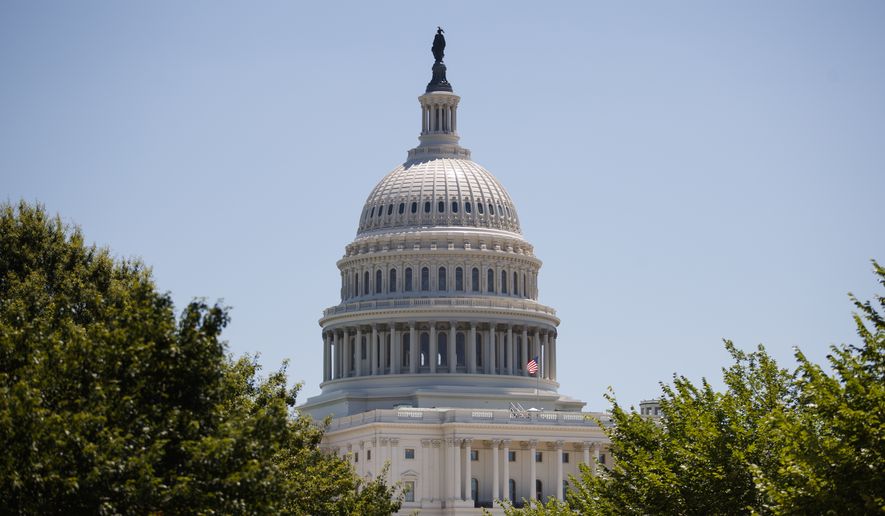A boil advisory for tap water in Washington D.C. was lifted Sunday morning, concluding a health advisory that affected nearly 34,000 customers throughout the northwest and northeast neighborhoods of the city.
City officials worked to pare down areas most under threat of having contaminated water after a valve malfunction Thursday evening at a northwest pumping station caused water pressure to fall and raise fears of bacterial contamination.
Residents were warned to boil their water before consuming if they had experienced low water pressure or had no water at all, with D.C. Water and the city’s Department of Homeland Security and Emergency Management Agency sending out robocalls, text messages and social media alerts to an estimated 100,000 residents.
On Twitter, however, residents said they only became aware of the problem reading or hearing the news, many after having their first glass of water or mug of coffee that morning.
The first advisory covered much of the northwest of the city, from Georgetown to New York Ave NE bordering the National Arboretum and as far north as the 16th street heights.
From Friday night to Saturday morning the areas affected narrowed until around 7,000 customers were identified as most at risk of having contaminated water, in the neighborhoods of University Heights, Michigan Park, North Michigan Park, Queens Chapel and parts of Brookline, the District of Columbia Water and Sewer Authority (D.C. Water), wrote on Twitter.
Yet the number of people affected is likely much higher, D.C. Water acknowledged, as a customer represents one entity, like an apartment building, and not the number of people living there.
On Saturday, D.C. water wrote on Twitter that water in the affected area had tested positive for coliform bacteria, which is present in human and animal waste. Subsequent testing found the bacteria flushed from the water supply, D.C. Water wrote in their revised advisory.
People living in the boil advisory area were recommended to run their tap water for about 10 minutes once the advisory lifted.
The problem started Thursday evening, around 8:30 p.m., when an open valve at the Bryant Street Pumping Station in the Northwest of the city caused a drop in pressure of water, from about 95 pounds per square inch to 40 pounds per square inch, David L. Gadis, general manager and CEO of D.C. Water, said at a press conference Friday early afternoon.
The drop in pressure made it possible for bacteria to contaminate the slow-moving water or, with the resumption of services 66 minutes later, for any new bacteria to be pushed through the system.
Mr. Gadis said they are investigating the cause of the open valve, of which D.C. Water controls both manually and mechanically to open and close to increase pressure where its needed in the city.
“There was maintenance going on and we’re still investigating why the valve was open, but that did cause the drop in the pressure,” Mr. Gadis said. “We did see the drop occur, and we did begin to get phone calls and then we corrected the problem immediately.”
Charles Sweeney, of the Water Distribution Department, said he received calls simultaneously from the pumping station and complaints about the drop in pressure or no water at all.
“I had people on site here, and talking over the phone, we did some troubleshooting. In that troubleshooting, we identified that a valve was incorrectly placed,” he said. “I gave instructions for the valve to be closed, and I came in to assess the impact.”
At 10:59 p.m. D.C. Water wrote on Twitter that it had identified the valve problem and restored pressure. At 4:10 a.m., it sent out another tweet advising residents of the boil precaution.
At 4:34 a.m., a robocall went out to approximately 100,000 residents about the boil advisory. These people had signed up for “D.C. Ready” and alert system run by the D.C. Department of Homeland Security and Emergency Management Agency, said Director Chris Rodriguez.
While residents criticized the city for the slow publication of warnings and details, city officials defended their actions.
“I think we did everything that we could,” Mr. Gadis said.
• Laura Kelly can be reached at lkelly@washingtontimes.com.




Please read our comment policy before commenting.